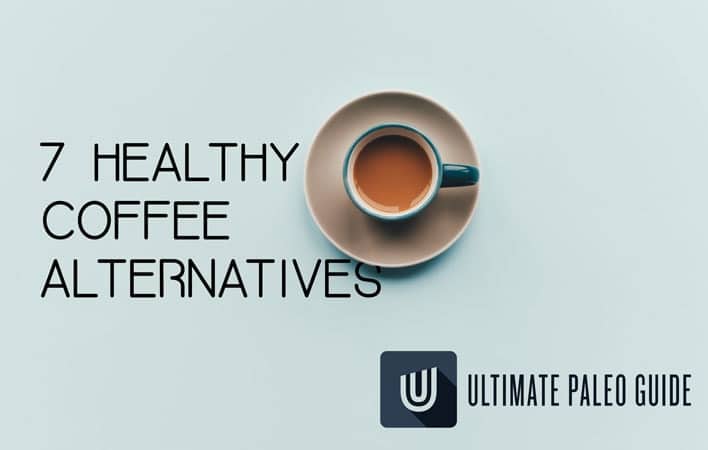
Have you ever drank so much coffee and it gave you the shakes?
Well, I am currently experiencing this issue since I thought it was a good idea to have an iced Americano following a workout where I used C4 pre-workout (aka red-in-the-face pre-workout).
I know, right? Great idea.
While being alert for certain activities is great, it is very possible to overdo it with caffeinated beverages. Caffeine consumption has been linked to a myriad of benefits.
For example, research has shown that caffeine increases memory, detoxifies the liver, and even relieves post-workout muscle pain. Truly, these benefits are more than appealing, but it is very easy to consume more than the daily recommended amount of caffeine, which is low-to-moderate amounts.
Typically, adults should consume no more than 4 cups of coffee in a day. Unfortunately, I am assuming this shouldn’t be done in one sitting, which means that this venti-sized coffee next to me was a bad idea.
I can confidently say that as I write this article, I am suffering.
There is no doubt that I will complete all of my afternoon activities on time, but it will be done with shaky limbs and the looming feeling of anxiety. I can’t help but tell myself that I will NEVER do this to myself again. Luckily, this is possible since there are alternatives to coffee and pre-workout, which means that I can have the benefits of caffeine without the negative side effects that come with overdoing it.
Table of Contents
Benefits of Caffeine
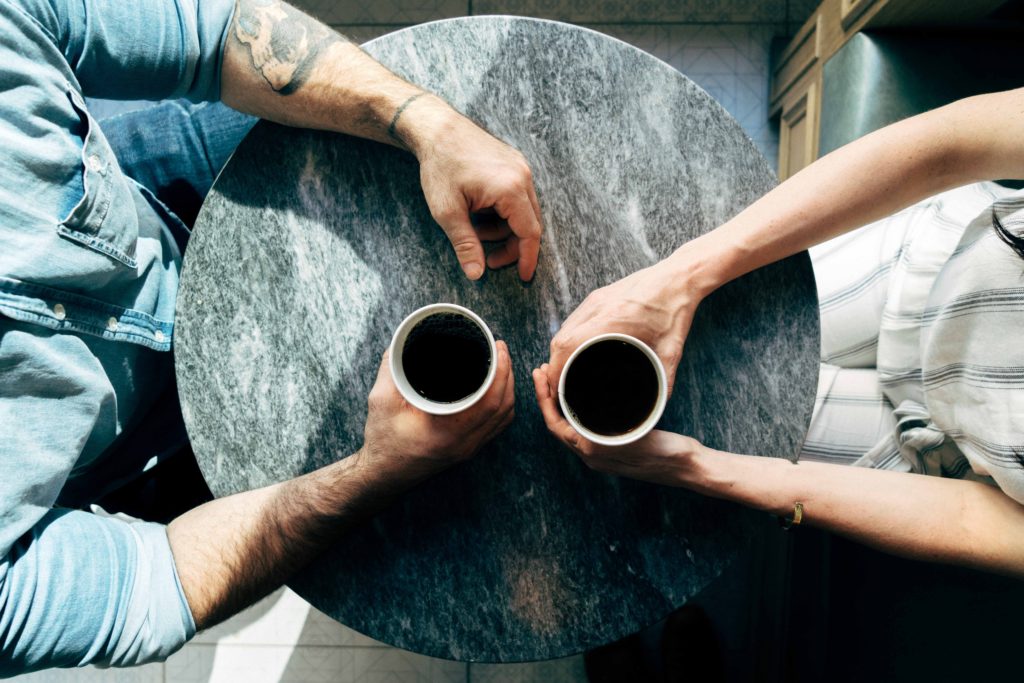
When looking at caffeinated beverages, there are surely a multitude of benefits associated with consumption of the recommended amounts. Firstly, caffeine is not only a great way to get your day started, but it is also ideal for getting pumped for a workout. Caffeine increases stamina during bouts of exercise, which keeps the workout going strong for longer periods of time.
Additionally, there is a correlation between caffeine consumption and exercise performance and this makes a workout more efficient and effective. Furthermore, combining caffeine intake with a workout regime has also been associated with weight maintenance.
If this isn’t convincing enough, also consider the notion that caffeine can strengthen heart muscle cells function and in turn, keep a heart healthier for longer. Other studies have explored the possibility of caffeine improving memory, stimulating hair growth in balding men and women, and even protecting individuals from Parkinson’s Disease. While these studies need more research to back their claims, there is no doubt that they are intriguing and interesting. If one thing is for certain, caffeine is fascinating due to its myriad of benefits that are associated with it.
Truly, coffee is a very popular beverage when it comes to getting one’s daily caffeine fix. Also, it is very easy to have too much of it and surpass the recommended daily amount of 4 cups of coffee (or 400 mg of caffeine) a day.
Side Effects of Caffeine
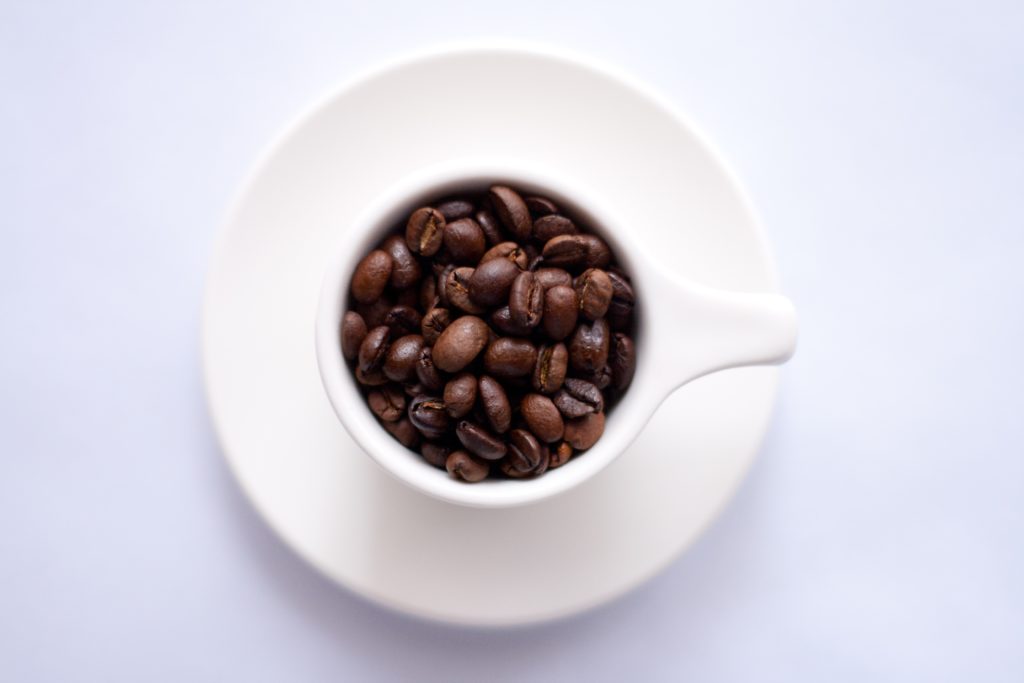
Mayo Clinic lists the negative effects of too much coffee as: migraines, headaches, nervousness irritability, restlessness, a fast heartbeat and an upset stomach. Furthermore, too much coffee has also been linked to: anxiety, insomnia, and addiction. Evidently, too much coffee isn’t a good thing, which means coming up with alternatives isn’t a bad idea.
Coffee Alternatives
When swapping out your coffee, it is important to keep an open mind and be willing to experiment for a bit. Adapting to a new beverage may take some time in addition to some trial and error. Luckily, there are numerous options to choose from, thus making this process fun and engaging.
The different kinds of coffee alternatives include:
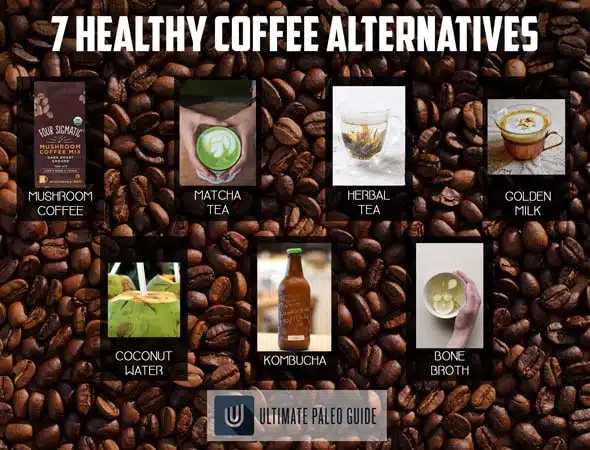
Four Sigmatic Mushroom Coffee
Mushroom coffee is a black coffee that has been mixed with medicinal mushrooms in powdered form. According to the United States Department of Agriculture (USDA), this coffee has half the amount of caffeine per 8 ounces or 50 mg of caffeine. “Four Sigmatic mushroom coffee with chaga and lion’s mane is your go-to morning beverage to support productivity, focus, and creativity. Perfect to kickstart your morning or power through your workday at the office or at home. Drink whenever your brain needs an energizing get-it-together hug.”
Matcha Tea
Unlike coffee, a matcha hit provides 34 mg of caffeine and thanks to the amino acid L-Theanine, there is no “crash” when drinking matcha tea. This means consumers will experience a cleaner and longer lasting caffeine buzz. Another benefit of opting for matcha tea is the fact that it is packed with antioxidants, which delays cell aging and prevents cancer.
Herbal Tea
*Has no caffeine*
While herbal teas contain no caffeine, they are still a favorite among those who have a caffeine sensitivity or who simply love to unwind at the end of the day with some tea. Due to herbal teas being derived from a variety of dried flowers, spices, herbs and fruits, there is a huge variety of flavors and options available. Also, each tea is not only unique in taste, but they feature nutrients, vitamins, minerals and antioxidants that vary depending on their herbal blend.
Golden Milk
*Has no caffeine*
Golden milk is an Indian drink that consists of cow’s or plant-based milk, turmeric and spices such as: ginger and cinnamon. Like herbal tea, golden milk has no caffeine, but it is loaded with antioxidants, which helps fight cell damage and prevent infections and diseases. If you are curious to learn more about the benefits of turmeric, check out our ultimate guide on this superfood.
Coconut Water
*Has no caffeine*
While coconut water has no caffeine, it is a great drink due to the five key electrolytes found in it. These electrolytes help maintain fluid balance within and around your cells and they also help with electrical impulses associated with nerves, muscles and the heart. If you are curious to learn more about the benefits of coconut water, check out our guide on this refreshing beverage.
Kombucha
Kombucha is a drink that has become wildly popular since it has been linked to detoxification, better digestion, increased energy levels and immune function. Also, Kombucha is similar to matcha tea since it has L-Theanine, which produces a relaxation effect. Unlike coffee, Kombucha contains 10-25 mg of caffeine. If you are curious to learn more about the benefits of kombucha, check out our guide on this unique beverage.
Bone Broth
*Has no caffeine*
Bone broth comes packed with nutrients that your bones need along with a hit of collagen that is important for skin elasticity. This drink provides a steady dose of energy throughout the day without the crash. If you are curious to learn more about the benefits of bone broth, check out our guide on this unique beverage (that can even double as a snack!)
Switch It Up
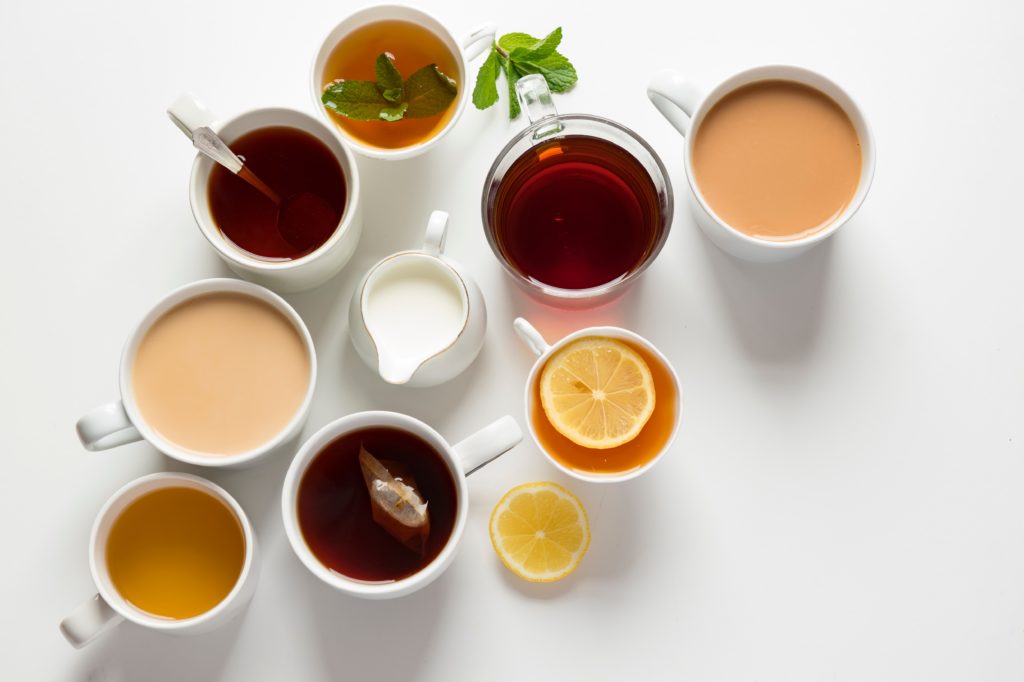
Swapping out your coffee with a caffeinated or non-caffeinated alternative should be fun and interesting. Furthermore, one should keep in mind that balance is key and eliminating coffee isn’t entirely necessary, but exploring other options could be.
Switching it up between coffee, matcha tea and bone broth is a sure way to keep breakfast exciting and entertaining. When consumed in low-to-moderate amounts, caffeine is beneficial through its ability to help with focus, energy and even detoxification.
However, it is easy to surpass the recommended amount thanks to coffee being virtually on every street corner. Through experiencing the negative effects associated with too much caffeine intake far too many times, I think it is safe to say that I should explore the other options out there.
It’s not me, coffee. It’s you. And I think we need a break.